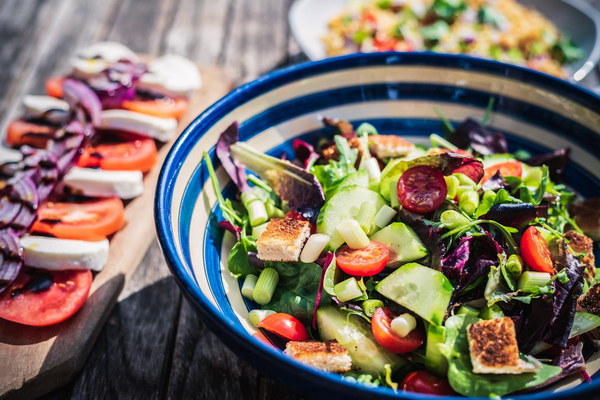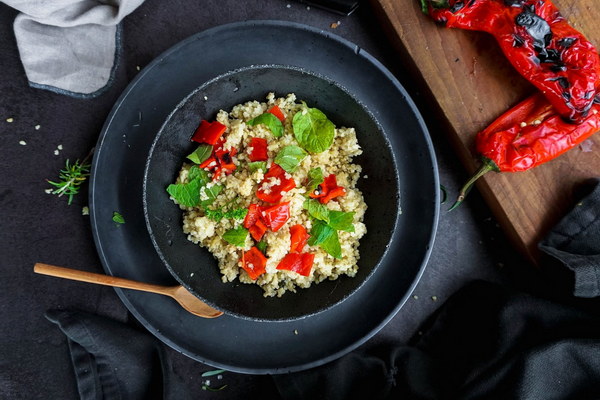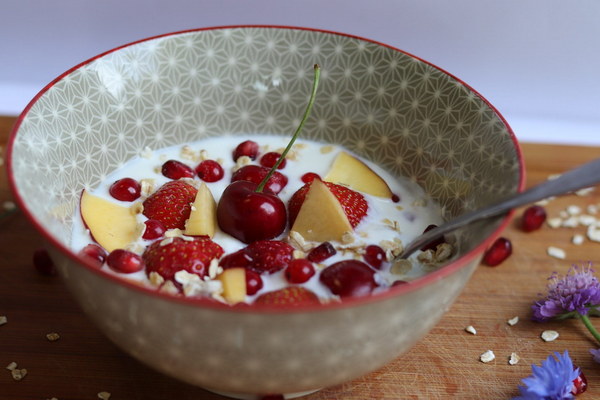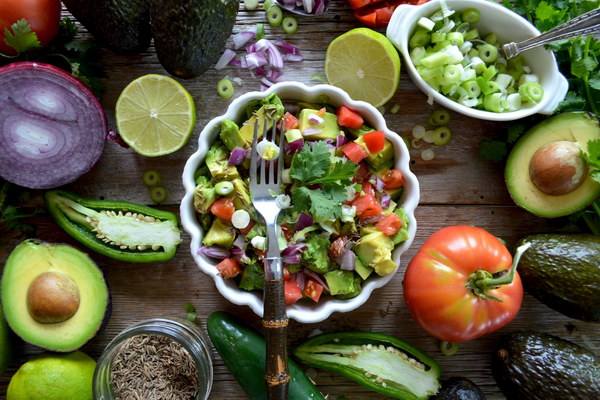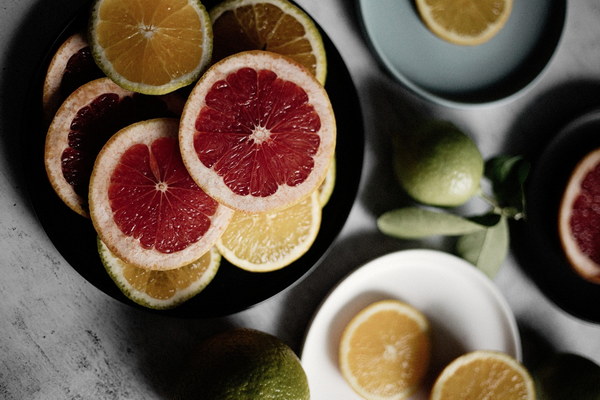Revitalize Your Senses with This Tantalizing and Nourishing Digestive Tea
In a world that often moves at a breakneck pace, finding time to pause and savor the simple pleasures of life is a rare and cherished experience. One such pleasure comes in the form of a warm, aromatic cup of digestive tea—a blend of natural herbs and spices designed not only to invigorate your taste buds but also to nourish your body from the inside out. This article delves into the world of an appetizing and nourishing digestive tea, exploring its benefits, ingredients, and how to prepare it for a truly revitalizing experience.
The Benefits of Digestive Tea
Digestive teas are a time-honored tradition in many cultures, and for good reason. These teas offer a multitude of health benefits that can enhance both your physical and mental well-being. Here are some of the key advantages:
1. Improves Digestion: Herbs like ginger, peppermint, and fennel are known for their digestive properties, helping to soothe the stomach and improve digestion.
2. Boosts Immunity: Many digestive teas are rich in antioxidants, which can help strengthen your immune system and fight off harmful pathogens.
3. Reduces Inflammation: Ingredients such as chamomile and turmeric have anti-inflammatory properties that can help alleviate symptoms of inflammation.
4. Alleviates Stress: The act of sipping a warm, soothing beverage can be a form of meditation, reducing stress levels and promoting relaxation.
The Ingredients
The heart of a digestive tea lies in its carefully selected ingredients. Here are some of the most common herbs and spices used in these invigorating blends:
1. Ginger: Known for its powerful anti-inflammatory and anti-nausea properties, ginger is a staple in many digestive teas.

2. Peppermint: This aromatic herb can help relax the muscles of the digestive tract, easing bloating and gas.
3. Fennel: Fennel seeds are traditionally used to aid digestion and can also help reduce bloating and gas.
4. Chamomile: A calming herb, chamomile is often used to soothe an upset stomach and induce sleep.
5. Turmeric: This golden spice is packed with curcumin, a compound that has been shown to have anti-inflammatory and anti-cancer properties.
6. Lemon Balm: Known for its calming effect on the nervous system, lemon balm can help reduce anxiety and improve digestion.
How to Prepare Digestive Tea
Preparation is simple, and the process can be a meditative and relaxing experience in itself:
1. Gather Ingredients: Start by gathering your chosen herbs and spices. You can purchase pre-made blends or mix your own.
2. Boil Water: Bring a pot of water to a boil and remove it from the heat.
3. Add Herbs: Place your chosen herbs and spices in a teapot or a cup.
4. Steep: Pour the hot water over the herbs and let them steep for 5-10 minutes, depending on the strength you prefer.
5. Strain and Serve: Once steeped, strain the tea into a mug and add honey, lemon, or milk if desired.
6. Enjoy: Sit back, sip, and savor the flavors and aromas of your digestive tea.
The Culinary Experience
Digestive tea is not just a health drink; it's a culinary experience. The blend of flavors and aromas can be a delightful addition to your mealtime routine. Here are a few ways to incorporate digestive tea into your culinary adventures:
1. Serve After Meals: A warm cup of digestive tea can be a perfect way to end a meal, helping to digest your food more effectively.
2. Morning Ritual: Start your day with a cup of digestive tea to invigorate your senses and prepare your body for the day ahead.
3. Evening Soak: A soothing cup of digestive tea can be a relaxing way to unwind before bed, aiding in digestion and promoting a restful night's sleep.
In conclusion, an appetizing and nourishing digestive tea is more than just a beverage—it's a ritual, a tradition, and a way to connect with the simple joys of life. By embracing the benefits of this age-old elixir, you can revitalize your senses and nurture your body, one cup at a time.

